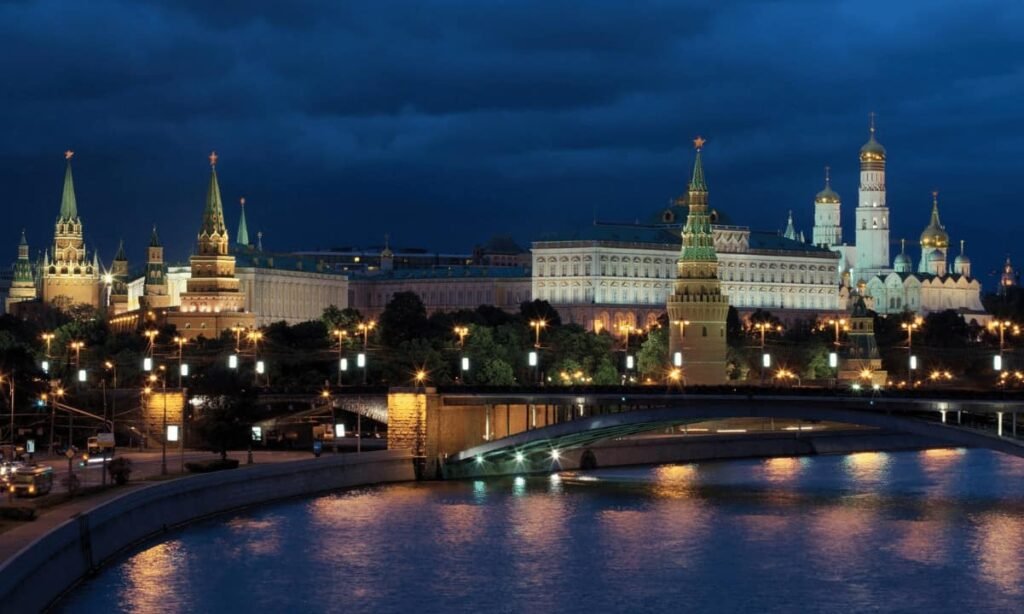In an effort to tackle electricity shortages, Russian officials disclosed plans to suspend cryptocurrency mining in several regions this winter. The ban will impact the Irkutsk region, portions of Buryatia, the Zabaikalsky region in Siberia, and six North Caucasus areas, including Chechnya and Dagestan.
Mining will also be prohibited in the Russian-controlled Ukrainian regions of Donetsk, Luhansk, Zaporizhzhia, and Kherson. The mining suspension in Siberia will last from December 1 through March 15, 2025, with annual restrictions running from November 15 to March 15 until 2031. In the North Caucasus and occupied Ukrainian regions, mining will be banned year-round from December 2024 until March 2031.
The measure has been approved by a government commission under the leadership of Deputy Prime Minister Alexander Novak.
This year, Russia has emerged as the world’s second-biggest cryptocurrency mining hub after the United States. Currently, the nation uses 16 billion kilowatt-hours of electricity each year for mining activities which represents about 1.5% of its overall energy consumption presenting challenges for regions with harsh climates.
Crypto Mining-Focused Reforms in Russia
The latest move comes less than a month after Russia introduced a legal framework for cryptocurrency mining, which required individuals and businesses involved in the sector to register with the Federal Tax Service. Citizens can mine up to 6,000 kWh per month without entrepreneur status but must register as individual entrepreneurs if they exceed the limit.
The government also established regulations for maintaining mining-related registers, with data shared electronically with relevant state institutions and entities such as the Central Bank and electricity operators.
Meanwhile, the Russian government also revised its crypto taxation policy last week wherein it defined cryptocurrency as property for tax purposes. The new revision states that income from mining will be taxed according to its market value when received, but miners can deduct related expenses. Transactions involving cryptocurrency will also be exempt from VAT.
Crypto Adoption Soars in Russia
While cryptocurrency mining is legal in Russia, trading of these assets is not. Despite this, adoption in Russia has soared amid the ongoing war and intensifying sanctions. As reported earlier, Russia saw significant growth in DeFi through large institutional transfers.
Homegrown cryptocurrency services in Russia have also become extremely popular, attracting notable inflows from both domestic and international sources. Chainalysis found that web traffic to centralized exchanges remained stable, but Russian-language exchanges that don’t require KYC saw a surge in activity last year, which has since leveled off.
Read the full article here
